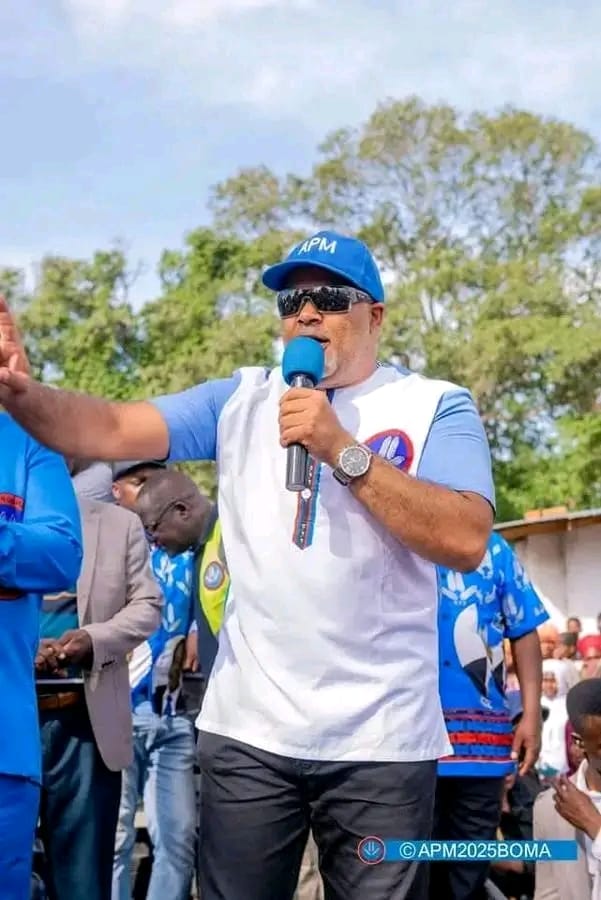By Burnett Munthali
Bakili Muluzi TV has rapidly emerged as a prominent social media platform in Malawi, focusing primarily on political discourse, historical content, and current affairs. The platform derives its name from Bakili Muluzi, Malawi’s second president, who served from 1994 to 2004. This association evokes a significant era in Malawi’s political history, marked by the transition to a multi-party democracy.
As of February 2025, Bakili Muluzi TV boasts a substantial following across its social media channels. On Facebook, the platform has garnered approximately 83,165 likes, with 65,977 users actively engaging in discussions. On YouTube, the channel has attracted around 161,000 subscribers, featuring a diverse array of videos that delve into historical events and political analyses. While specific follower counts for Twitter are not readily available, the platform’s presence on Facebook and YouTube underscores its significant influence in the digital media landscape of Malawi.
The accuracy of the information disseminated by Bakili Muluzi TV has been a subject of debate. Some critics have expressed concerns regarding the potential spread of misinformation, noting that social media platforms often lack the rigorous editorial oversight characteristic of traditional media outlets. The unverified nature of certain content and the pronounced political tone of some posts have led to questions about the platform’s credibility and the reliability of the information it presents.
The relationship between Bakili Muluzi TV and the Malawi Congress Party (MCP) government is complex. The platform’s association with a prominent political figure from Malawi’s past has sparked scrutiny, with some questioning whether it serves as a tool for political advocacy or operates as an independent media outlet. This ambiguity has led to tensions, especially when the platform’s content critiques current governmental policies or actions. The nature of this relationship reflects broader challenges in Malawi’s media environment, where press freedom and political affiliations often intersect.
In conclusion, Bakili Muluzi TV has established itself as a significant player in Malawi’s social media sphere, offering content that resonates with a broad audience interested in the nation’s political and historical narratives. However, its influence is accompanied by challenges related to content accuracy and perceptions of political bias. As the platform continues to evolve, it will need to navigate these complexities to maintain credibility and foster constructive engagement within Malawi’s dynamic media landscape.




